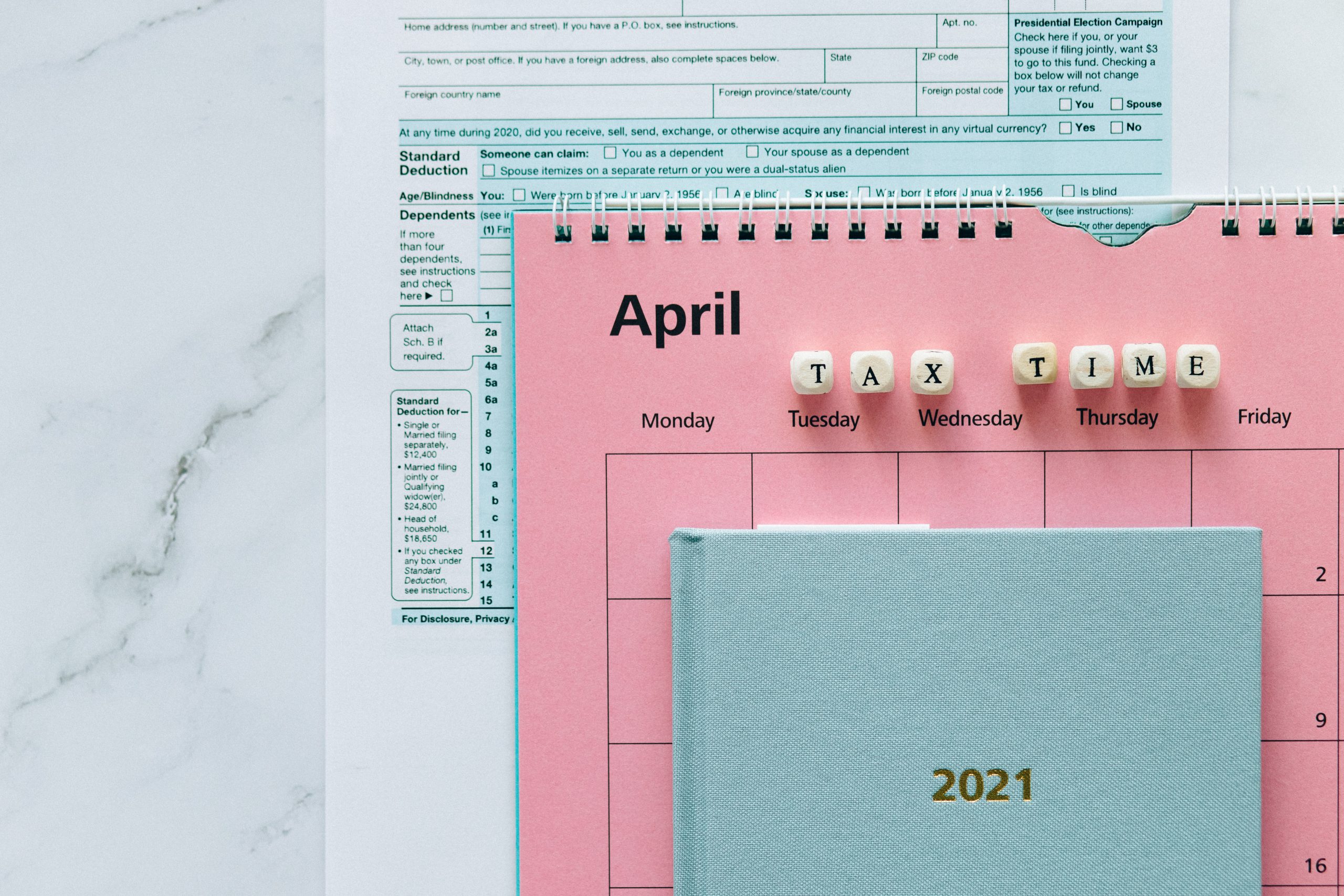A Different Approach to Developing Wealth

Mynd recently released their 2022 Consumer Insights Report that demonstrates how millennials and Gen Z’s have taken a different approach to developing wealth than previous generations.
For example, while 9% of Baby Boomers are contemplating the idea of investing in rental properties over 43% of Millennials and Gen Zs are choosing to remain in their current living environments and invest in rental properties elsewhere to build their wealth.
BUT IS IT WORKING?
This strategy is becoming increasingly popular. It allows the investor to remain living without disruption to their lifestyle in a place they may not be able to afford to purchase a home of their own. Instead of uprooting their lives and relocating elsewhere to attain the dream of homeownership the investor achieves homeownership by purchasing a home in a more affordable location with the intention of renting it out.
With no disruption to their life, they become a homeowner and investors at the same time. Their purchase not only creates monthly passive income for their pocketbooks but also builds equity over time – ultimately increasing their overall net worth.
They can later choose to continue to rent out the home, sell for an increased price, or move into the home if or when they want or need to.
READY TO EXPLORE THIS APPROACH?
If you would like to explore this idea further connect with us so we can help you build your wealth through real estate.
Avoid These 9 Tax Filing Errors

There are people that stay organized all year long and file their taxes as early as humanly possible while others will wait till the very last minute. Some people tackle the task themselves while others hire out to relieve them of the stressor. Regardless of which side of the spectrum you are on, the deadline for filing your taxes is quickly approaching and everyone is susceptible to making one of these common mistakes. We would like to help you file successfully by not only making you aware of these mistakes but also by offering a digital download checklist for you to print and keep with you while you file.
According to the IRS, there are nine filing errors that most commonly cause a rejected status. Make sure you don’t become a statistic and be sure to double checking these nine things.
1. Incorrect or missing social security numbers
We don’t often use our social security numbers. They can easily be forgotten or transposed when typing quickly. Be sure to slow down and enter your number exactly as it appears on your social security card. Don’t forget to give it a second look just to be safe.
2. Dependent’s name(s) are incorrect or misspelled
It is easy to write the name you call your child all year long rather than their legal name. Be sure to write their name exactly as it appears on your dependent’s social security card.
3. Wrong filing status
There are five filing status: single, head of household, married filling jointly, married filling separately, and qualifying widow(er). Click here to see the full recently updated Publication 501 to determine which one best fits your unique needs.
4. The dreaded math errors
We have all done it at some point in life. Miss typed a number, calculated incorrectly, hit to many 0’s and suddenly, our numbers are all off and we don’t know where we went wrong. When it comes to taxes it is even more important to double check our work. If you are aware that you are not good with numbers perhaps it is one of those let the professionals handle the task or consider filing electronically to help reduce the error of mistakes. If you are looking for someone local Northwest Bookkeeping comes highly recommended!
5. Electronic filing PIN errors
With that said… keep in mind that when filing electronically you are required to select a Personal Identification Number. Make sure it is a number you will remember and keep it safe.
6. Incorrect Adjusted Gross Income
Additionally, something to keep in mind when filling electronically is that you might find yourself prompted to enter the adjusted gross income from the previous years tax return. Make sure you are entering not only the right year but also the right amount.
7. Wrong bank account numbers for direct deposit
Can you only imagine finally having everything done and not getting your direct deposit because you entered your bank account information incorrectly? Take the extra time to double check you have input your account number correctly.
8. Claiming the wrong tax credits or deductions
Read the instructions of the form carefully and fully to ensure you qualify for the credit or deduction you are claiming. Claiming the wrong ones can lead to a rejected status or worse.
9. Submitting without signatures
Did you know that if your file unsigned it is automatically invalid? Save yourself the trouble and double check that all signatures are completed.
We hope you have a smooth tax filing experience and if you have any questions when it comes to including a purchase or sale of real estate in your tax filing just give us a call! We would be delighted to help!
Is it better to buy a home or to rent one?

Is it better to buy a home or to rent one? This discussion has been happening for decades. Supporters of buying claim you are making an investment, which can significantly increase in value every year you live in the home. Additionally, if/when you decide to rent out your home your renters are essentially paying for your mortgage if you still owe. When you no longer have a mortgage, you are will have positive cash flow every month.
Opposingly, advocates of renting argue that the additional costs that accompany owning a home, such as taxes, interest payments, maintenance, unexpected repairs, ect. can add up rather quickly. They point out that there is no guarantee that those expenses will be regained when it comes time to sell the home. Rather than investing in a home, it might be behooving of you to consider investing your savings in stocks, bonds, and other financial securities that pose less risk.
Recently, we have seen mortgage rates at all-time lows. This means that getting a mortgage is relatively cheap, raising the question, ‘Is it really worth it to keep renting?’
Regardless, whether interest rates remain low or not, the question of whether it is better to rent or buy will always exist. This is because the answer has a lot more to do with each person’s specific situation. We have compiled a few considerations for you to make to help you decide.
What is the real estate situation in the cities you are considering?

Reports are released every quarter stating the average national sales price for a home, and the average monthly payment for a U.S. rental. These reports are typically based on an average of all the cities in the U.S. What you really must consider is these same numbers for the local area you are considering.
Take a close look at the local sales and rental markets. You will notice some cities fall significantly below the national average, while others are well above it. When comparing housing costs, remember to base your assessment on what is currently happening in your city and neighborhood, not the nationwide averages. If you need help, don’t hesitate to reach out to one of our specialists by emailing us at WhidbeyCommunications@Windermere.com or finding your agent here.
How long will you live in the home?

If you do not plan to live in the home for at least five years, speaking finically, renting is likely your answer. This is because the upfront costs are spread out over many years throughout the mortgage loan. That means, the longer you plan to live in the home the better it is to buy as opposed to renting. Therefore, if you are ready to settle down for 7 to 10 years buying is likely the right option for you. During that time, it is highly likely that any home you purchase will appreciate.
Aim for a low mortgage rate.

Do not forget about the cost of your loan or the interest you will be paying your lender. When determining your mortgage rate, a lender will review your financial situation. Your rate is based on a combination of how much money you have saved, your credit score, your work history, and other factors. Be sure to talk to a loan officer well before you start looking for a home to help you prepare to get the best rate possible. You can find a local one here. Being pre-approved for a mortgage not only helps you determine your price range but also helps strengthen your offer when it comes time to compete for your new home.
Should you pay more than you are required to?

It can be beneficial to get a lower monthly payment than you can afford so that you can pay a little more than the minimum payment each month.
For example, if you can pay extra towards your monthly mortgage bill you can end up knocking years off the overall life of the lone. Let’s take a closer look. If you can pay $300 more per month towards your 30-year, $300,000 loan, you end up taking eight years off the life of the loan. You reduce your final bill by more than $63,000. That is savings you would never see if you rented. Additionally, every time you make that extra payment your equity in the home also increases.
Does the home need repair or improvements?

Buying a fixer-upper might get you a deal on a house, but it depends on the amount of repairs the home needs and your ability to fix it that determines whether it is a good buy or not. For example, if the money you spend on the repairs are higher than your gains when it comes time to sell it is not a good buy. Of course, there are other things to take into consideration like, how long will you live in the home and what will your satisfaction level be living in a possibly unfinished home for a significant amount of time?
There are opportunities where you can work with your mortgage lender for a repair loan. This can help you get that lot you want, and help you pay for the repairs. Be sure to ask your lender.
However, if you can only afford a home that demands major improvements, and you don’t have the skills to do much of the work yourself, it’s probably better to rent. You want to like where you live and feel satisfied with your home. If you cannot afford the repairs upfront your satisfaction with your new home will dwindle over time and you will become dissatisfied.
Do you have an alternative way to invest?

A home purchase can be an easy way to invest under the right circumstance. You can create significant savings while living in your home. But for others renting an apartment and investing savings in stocks, bonds, and other financial securities is better for their circumstances.
Speaking with a financial advisor about your specific financial situation can help. A financial advisor can break down what you need to do to get the best return on your investments. They can also see the big picture for your unique situation when it comes to your money.
Can you rent out a portion of the home?

Is there an opportunity to maximize your investment and let it work to your advantage? If you buy a house that includes a rental (extra bedroom, mother-in-law unit, studio, etc.) you could be the landlord instead of paying the landlord. With the additional income, you could pay off the mortgage sooner, saving you big bucks in the end while also contributing money to your savings. Of course, this means you would need to be willing to share part of your home with a tenant and take on the responsibilities of being a landlord or work closely with a professional property manager to help you.
Time to make your decision.
For more help making sense of your findings, analyzing other factors, and help looking at home options contact one of our experienced Windermere Real Estate agents by clicking here.

 Facebook
Facebook
 X
X
 Pinterest
Pinterest
 Copy Link
Copy Link